11 GPTs for Curriculum Guidance Powered by AI for Free of 2026
AI GPTs for Curriculum Guidance are advanced tools powered by Generative Pre-trained Transformers, designed to assist in the development, optimization, and personalization of educational curricula. They leverage natural language processing and machine learning to provide dynamic solutions for educational content creation, curriculum mapping, and personalized learning experiences. These tools are pivotal in enhancing educational frameworks by offering customized and adaptive learning pathways, making them relevant for educators, curriculum developers, and learners seeking to maximize educational outcomes.
Top 10 GPTs for Curriculum Guidance are: Bruno: Especialista en LOMLOE,IB Exam Buddy,Guide Professeur des Écoles,IB Economics Companion,RICS APC Assistant,Ontario Virtual Tutor,🇬🇧 Secondary School Tutor,IB Computer Science,保育士試験GPT,CPT+
Bruno: Especialista en LOMLOE
Navigating LOMLOE with AI Precision

IB Exam Buddy
AI-powered IB Study Companion
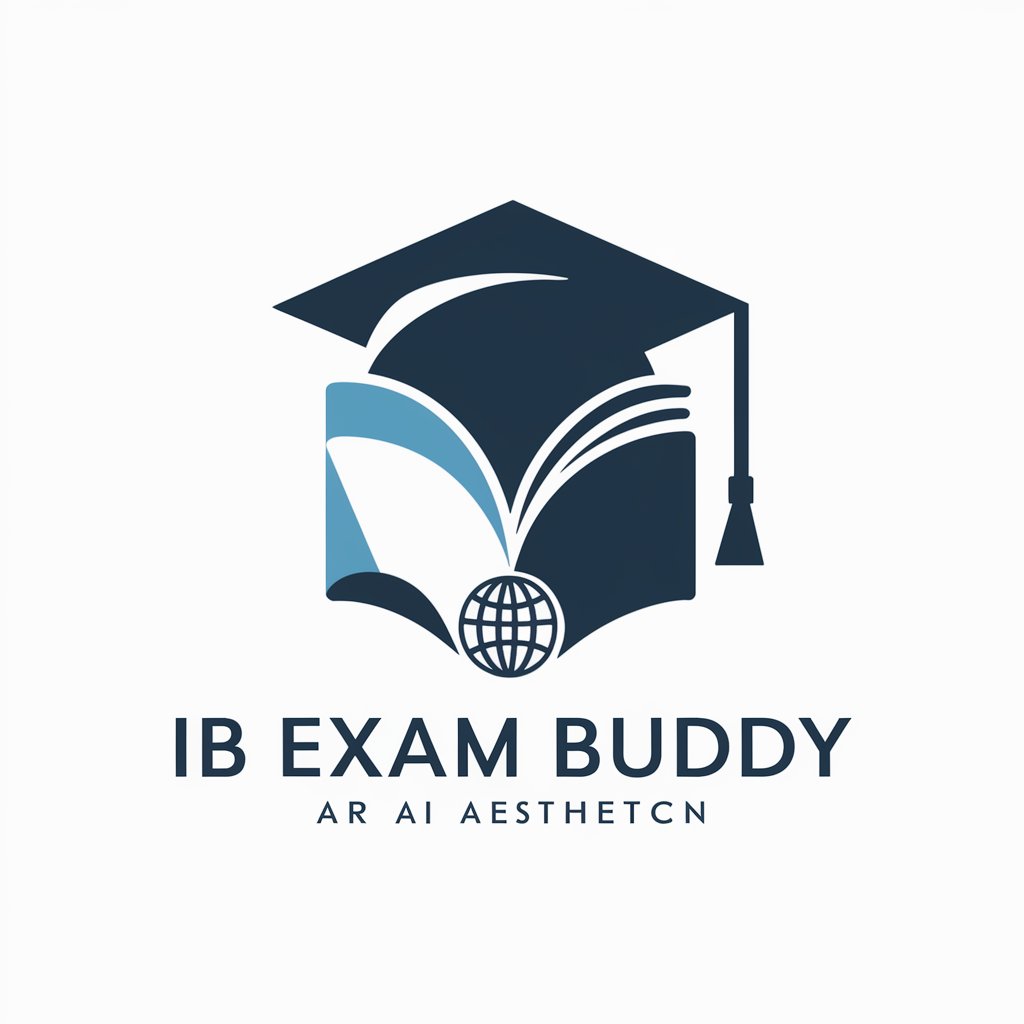
Guide Professeur des Écoles
Empowering Teachers with AI-driven Education Strategies
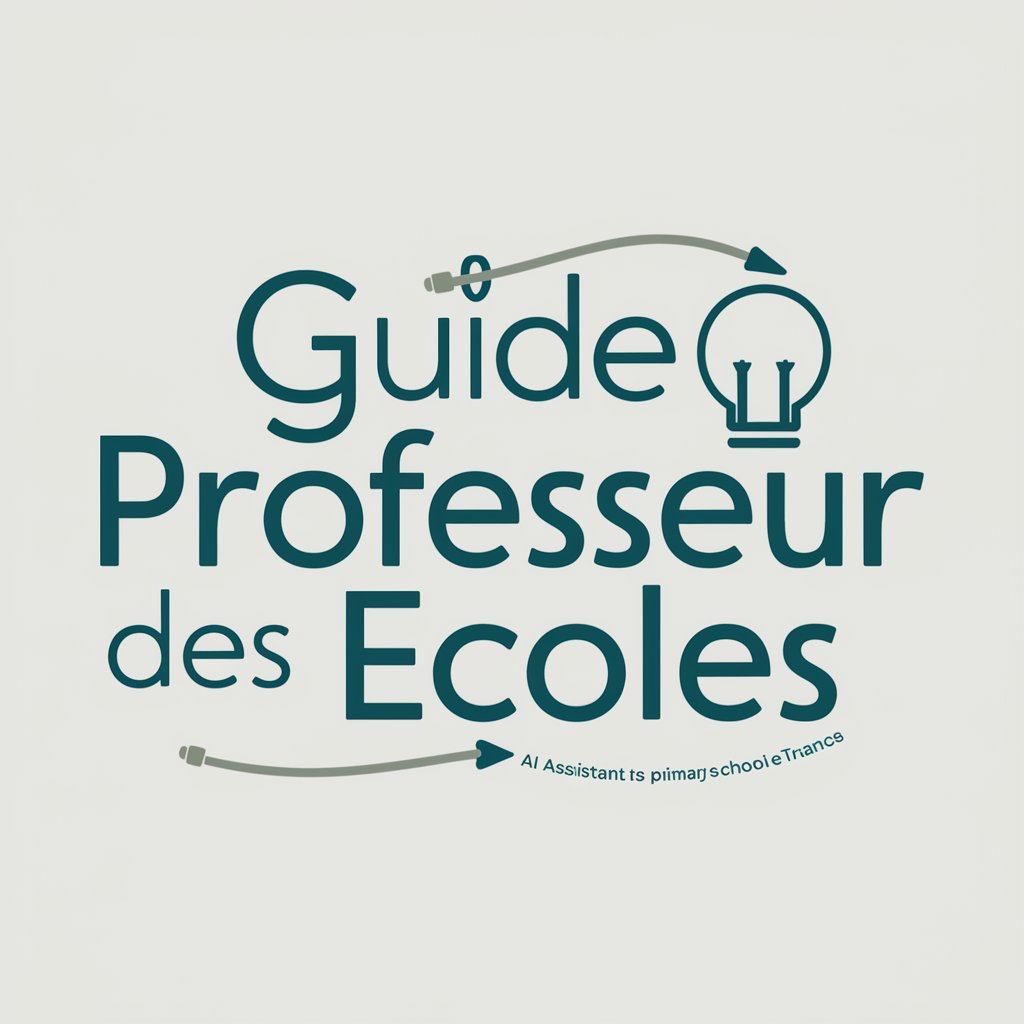
IB Economics Companion
Empowering Economics Learning with AI
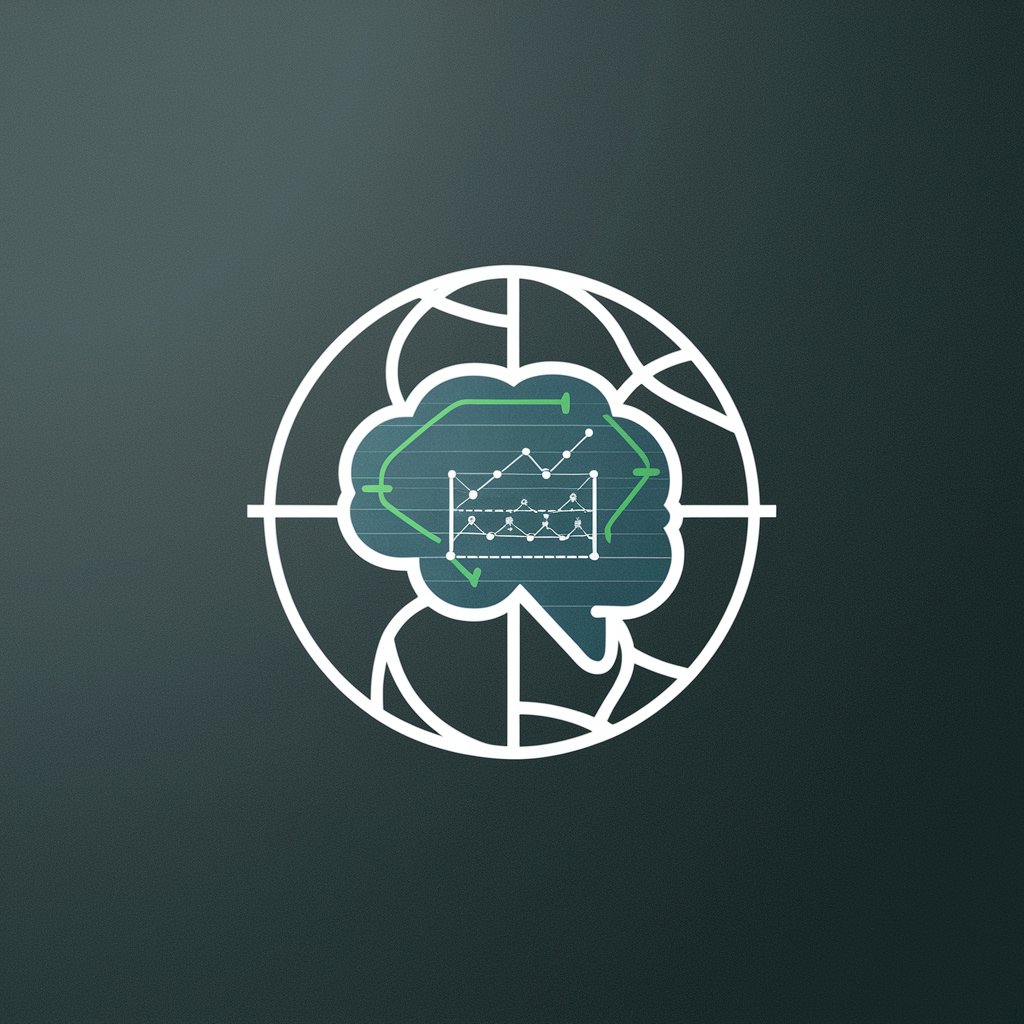
RICS APC Assistant
Empowering surveyors with AI-driven insights.
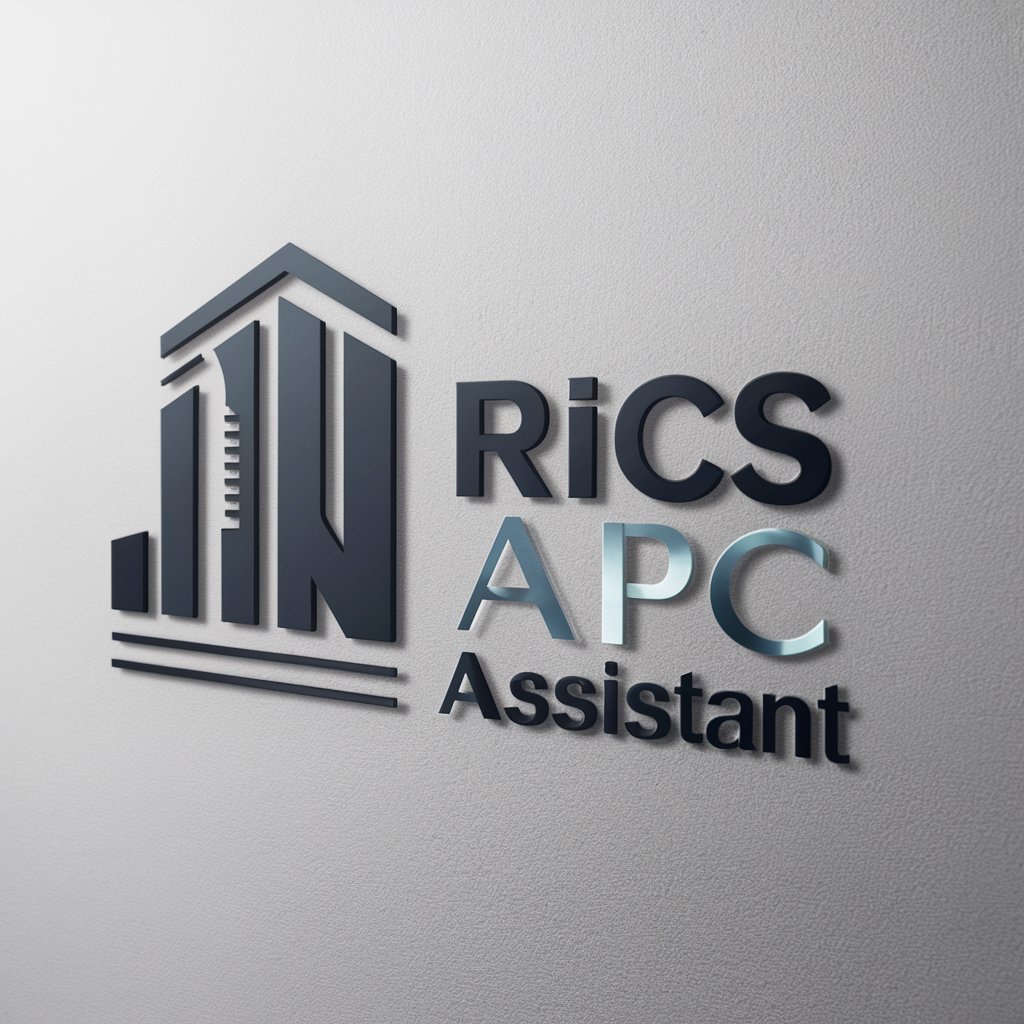
Ontario Virtual Tutor
Empowering Students with AI-Driven Learning
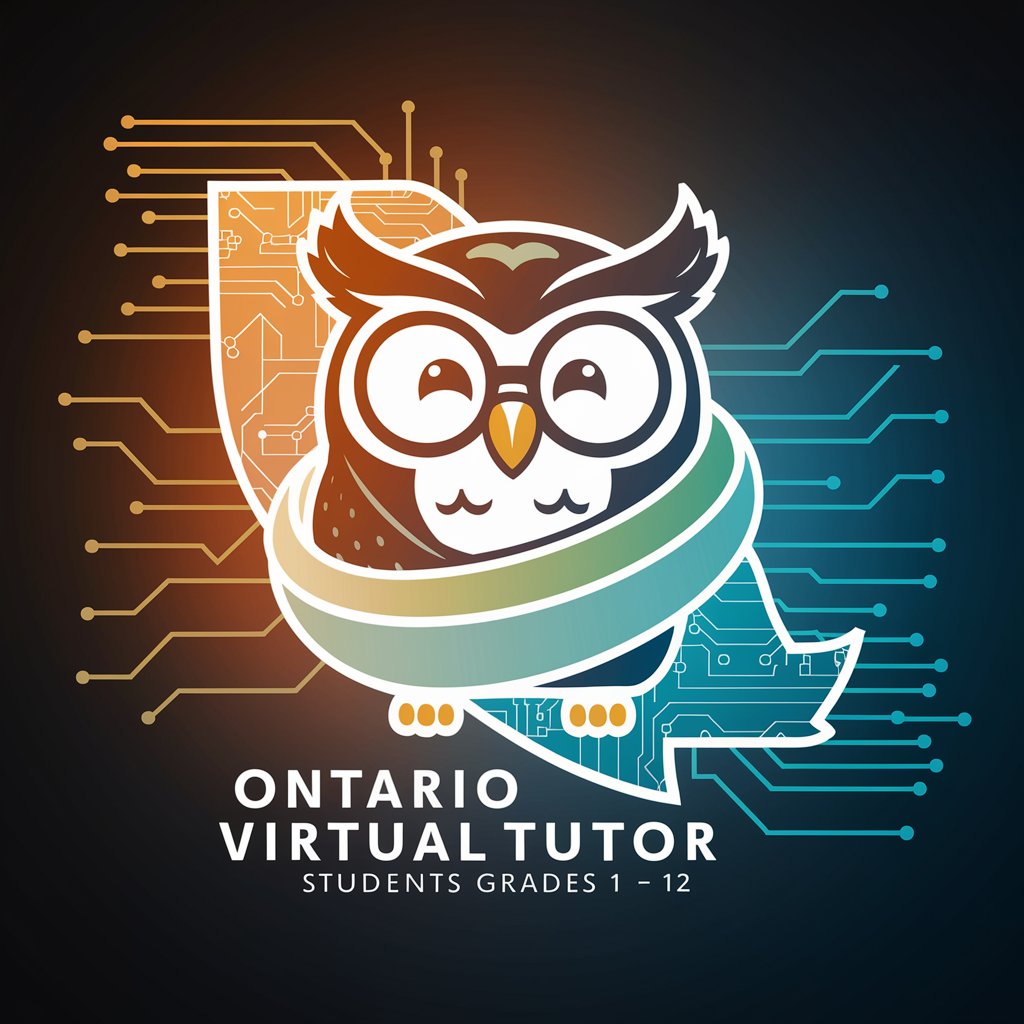
🇬🇧 Secondary School Tutor
AI-Powered Secondary School Learning Assistant

IB Computer Science
Empowering IB Students with AI
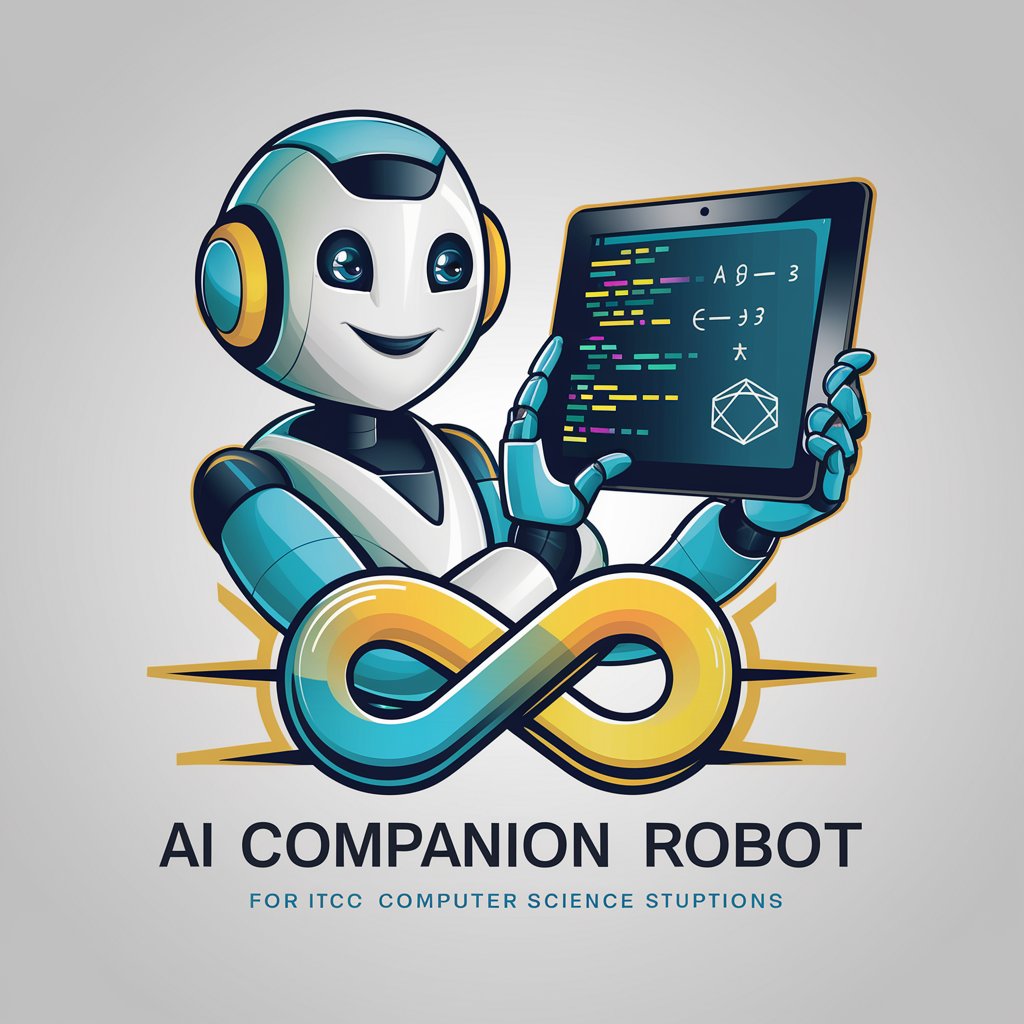
保育士試験GPT
AI-powered childcare exam mastery
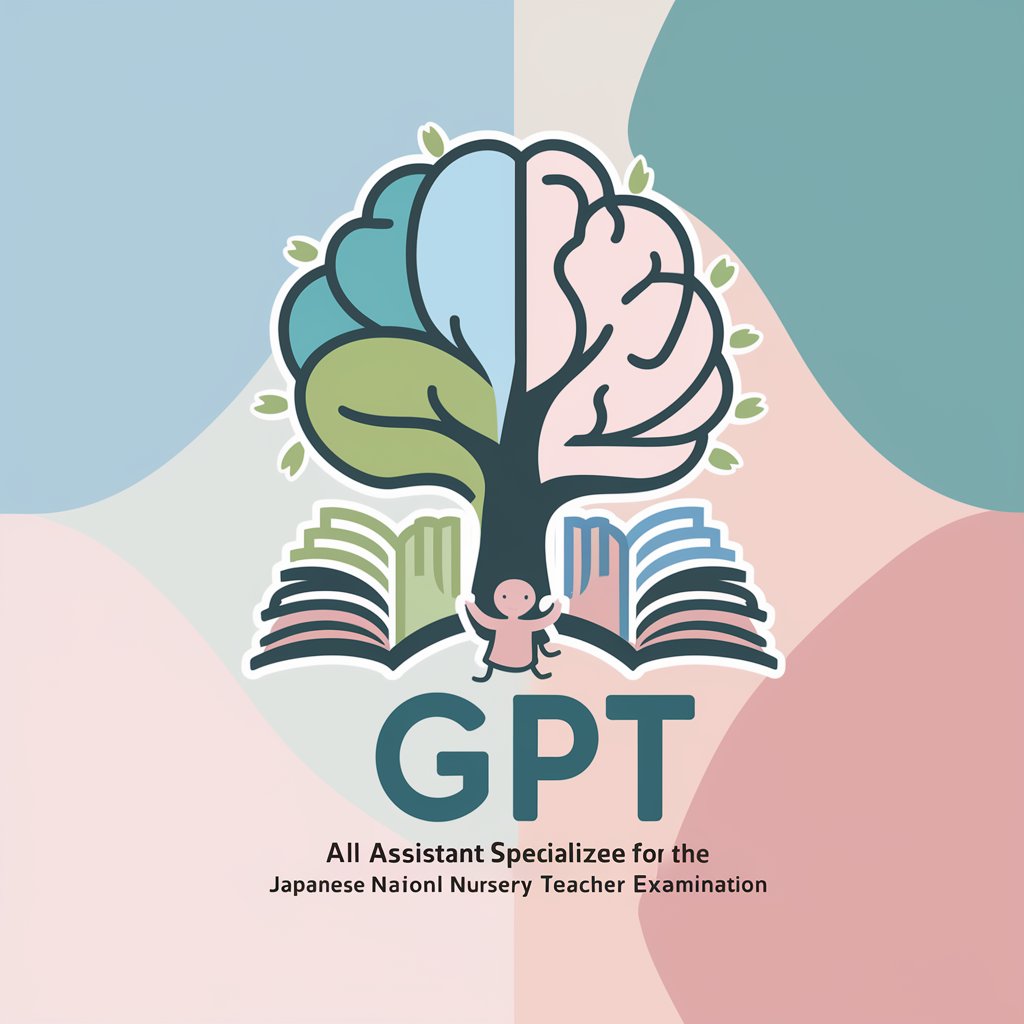
CPT+
AI-powered PSI Exam Mastery
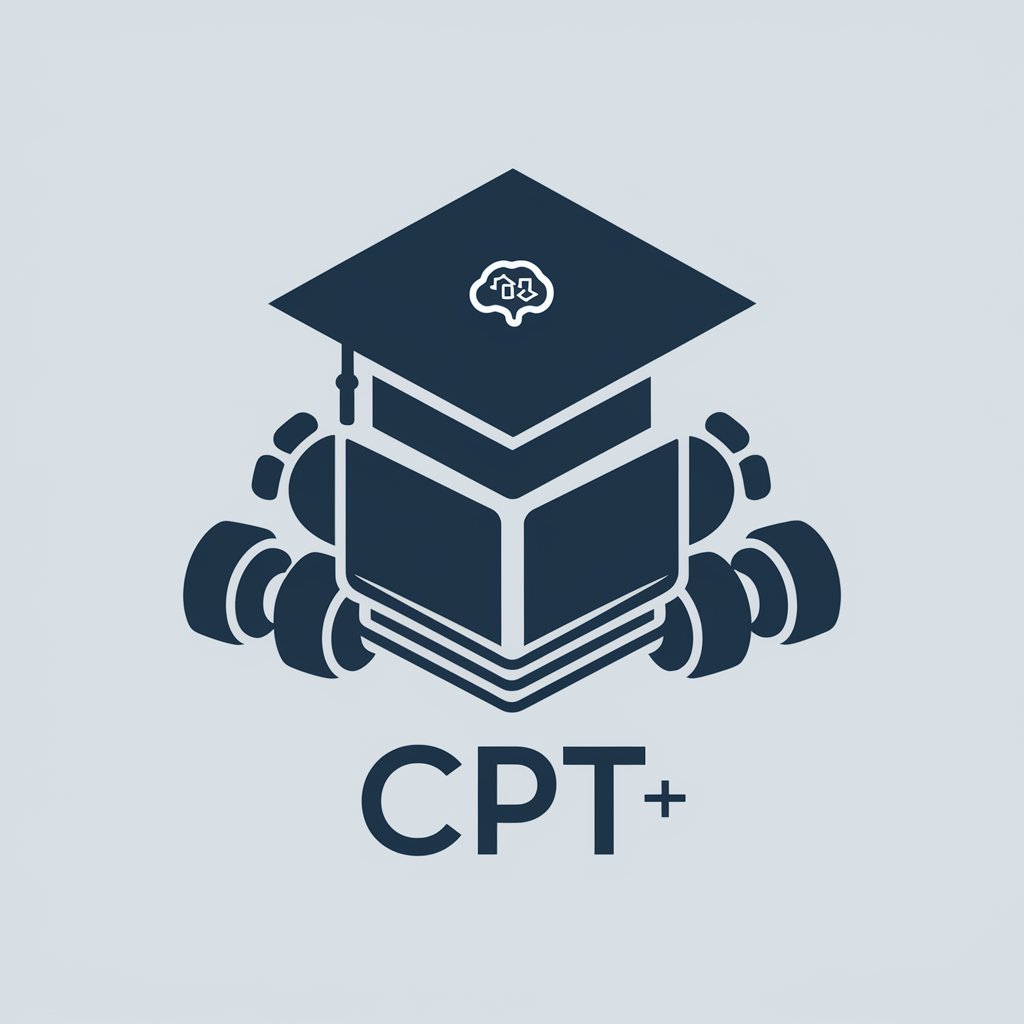
LOMLOE - D38/22 - EDUCACIÓN PLÁSTICA Y VISUAL
Tailoring visual arts education with AI.
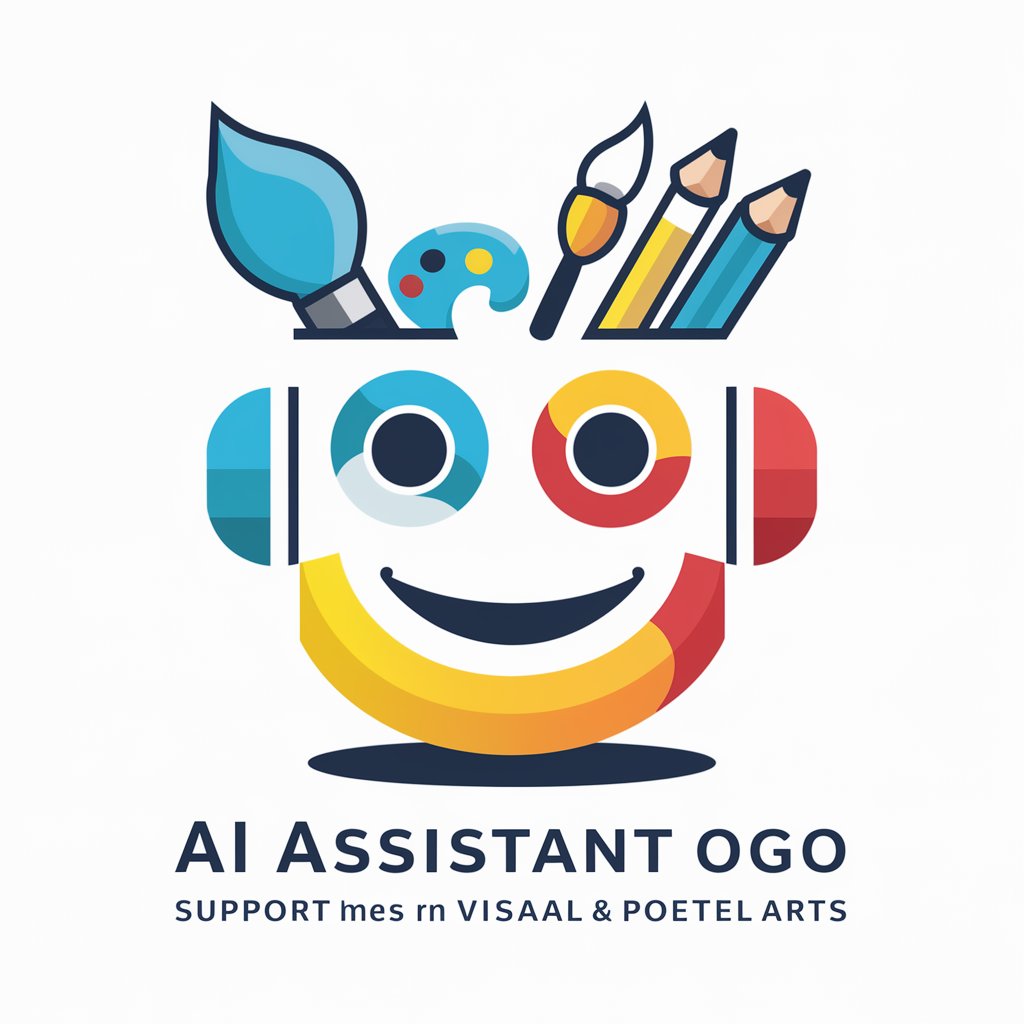
Key Characteristics and Functionalities
AI GPTs for Curriculum Guidance stand out due to their adaptability across various educational levels and subjects, enabling a broad range of functionalities from generating learning content to providing assessments and feedback. Key features include the ability to create and modify curriculum content dynamically, offer language learning aids, technical support through web searching, image creation for visual learning, and data analysis for educational insights. These capabilities ensure that the curriculum remains engaging, comprehensive, and aligned with educational goals and standards.
Intended Users of AI GPT Tools
These AI GPT tools cater to a diverse audience, including educators, curriculum developers, e-learning professionals, and students. They are particularly beneficial for those with limited coding expertise, thanks to user-friendly interfaces, while also offering extensive customization options for tech-savvy users. This dual accessibility broadens their appeal, making them suitable for a wide array of educational settings, from traditional classrooms to remote learning environments.
Try Our other AI GPTs tools for Free
Support & Donations
Discover how AI GPTs for Support & Donations revolutionize fundraising and support tasks with automated, personalized, and efficient AI-powered solutions.
Creator Monetization
Discover how AI GPTs for Creator Monetization can transform your content strategy, offering personalized insights and strategies for maximizing digital revenue.
Personal Inquiry
Discover the power of AI GPTs for Personal Inquiry, your gateway to exploring a world of information through intuitive, conversational interactions.
Network Security
Discover how AI GPTs for Network Security revolutionize threat detection and response, offering adaptable, AI-driven solutions for enhancing network protection.
Project Oversight
Discover how AI GPTs for Project Oversight transform project management with automation, insights, and customization. Ideal for managers and teams aiming for efficiency.
Automated Operations
Discover how AI GPTs revolutionize Automated Operations with smart, scalable solutions for optimizing tasks and processes, designed for both tech novices and professionals.
Further Considerations on AI GPTs
AI GPTs for Curriculum Guidance redefine educational paradigms by offering scalable, personalized learning experiences. Their integration into educational settings underscores a shift towards more adaptive and responsive educational models, where technology and human-centered pedagogy converge to facilitate optimal learning outcomes. Their user-friendly interfaces and interoperability with existing systems further underscore their potential as a transformative tool in education.
Frequently Asked Questions
What exactly are AI GPTs for Curriculum Guidance?
AI GPTs for Curriculum Guidance are specialized tools that utilize advanced AI to support the creation, adaptation, and personalization of educational curricula, making learning more efficient and tailored to individual needs.
How can these tools enhance educational content?
They can dynamically generate and adapt learning materials to fit diverse educational needs, ensuring content is engaging, up-to-date, and tailored to specific learning objectives.
Are these tools suitable for non-technical users?
Absolutely, these tools are designed with user-friendly interfaces that require no prior coding knowledge, making them accessible to educators and curriculum developers without technical backgrounds.
Can these AI tools be customized?
Yes, they offer advanced customization options for users with programming skills, allowing for the development of highly specialized educational solutions.
Do these tools support language learning?
Yes, one of the core features includes language learning aids, facilitating both basic and advanced language acquisition through interactive and personalized content.
How do they integrate with existing educational systems?
AI GPTs for Curriculum Guidance are designed to be compatible with various educational platforms and systems, allowing for seamless integration and enhancing existing curricular frameworks.
Can these tools analyze educational data?
Yes, they are equipped with data analysis capabilities, enabling educators to gain insights into student performance and curriculum effectiveness, leading to informed decision-making.
Are there any visual learning aids provided by these tools?
Indeed, these tools can generate educational images and visual aids, supporting diverse learning styles and enhancing the comprehensibility of complex subjects.